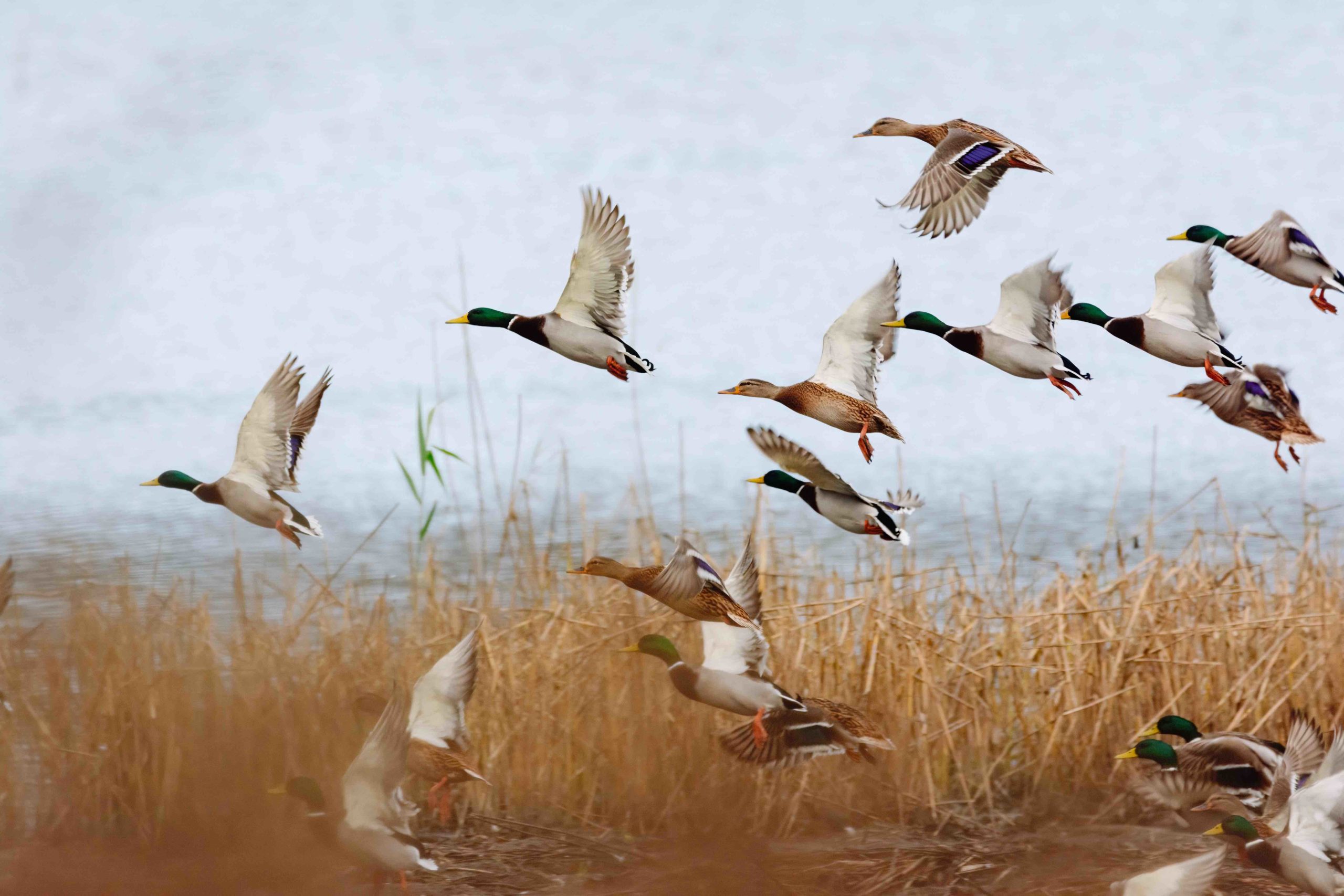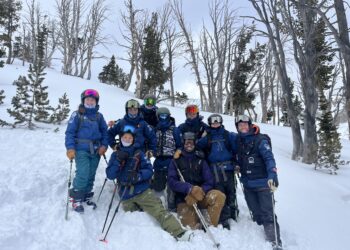MONTANA FISH, WILDLIFE AND PARKS
HELENA – Highly pathogenic avian influenza virus was detected in wild birds and domestic poultry in Montana earlier this year. While HPAI cases in wild birds did appear to decline over the summer, there are detections of new cases in parts of the U.S., including Montana this fall. HPAI viruses are extremely infectious and fatal to poultry and some species of wild birds.
Some scientists have been concerned that the U.S. would see a resurgence of the virus during the fall migration. Montana Fish, Wildlife & Parks is monitoring the situation by testing wild birds that display symptoms consistent with HPAI infection. While HPAI is considered a potentially zoonotic disease, the Centers for Disease Control continues to consider the risk to people from wild birds to be low.
Since it was first detected in the eastern United States in January 2022, it has spread to all four bird migration flyways, including the Central and Pacific flyways which include parts of Montana.
Human infections with bird flu viruses are rare but can occur, usually after close contact with infected birds. The current risk to the general public from bird flu viruses is low; however, it is important to remember that risk depends on exposure, and people with more exposure might have a greater risk of infection. Although the CDC considers the risk of HPAI spreading to humans to be very low, Montanans should take precautions when handling game birds or any sick or dead bird they find. Whenever possible, avoid contact with sick or dead wildlife. Even if a bird is not suspected to have died from a contagious disease, gloves should always be worn if a dead animal must be handled for disposal.
Raptors are susceptible to HPAI and are typically exposed via eating infected birds. The general recommendation for falconers is to avoid hunting and/or feeding wild birds, particularly waterfowl, during the outbreak. Enhanced biosecurity practices with enhanced cleaning and limiting contact with wild birds or birds from other facilities is also warranted. Sick falcons should be promptly reported to a veterinarian and be quarantined from other birds in the facility.
Bird hunters should follow these simple precautions when processing or handling wild game:
- Do not harvest or handle wild birds that are obviously sick or found dead.
- Wear disposable latex or rubber gloves while cleaning game or cleaning bird feeders.
- Do not eat, drink or smoke while cleaning game.
- People and equipment that have been in contact with wild game birds should avoid contact with backyard poultry flocks.
- Wash hands with soap and water or alcohol wipes immediately after handling game or cleaning bird feeders.
- Wash tools and work surfaces used to clean game birds with soap and water, then disinfect with a 10 percent solution of chlorine bleach—one part chlorine bleach to 10 parts water.
- Separate raw meat, and anything it touches, from cooked or ready-to-eat foods to avoid contamination.
- Cook game meat thoroughly to an internal temperature of at least 165°F.
- Do not keep bird feeders near domestic poultry.














